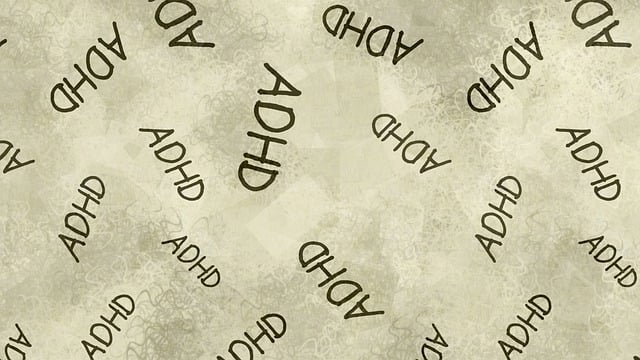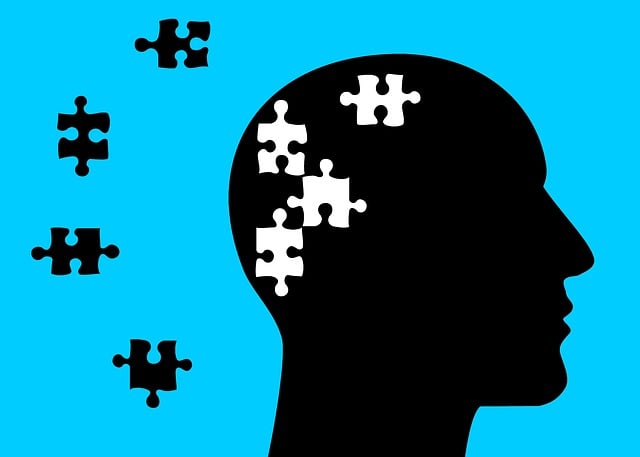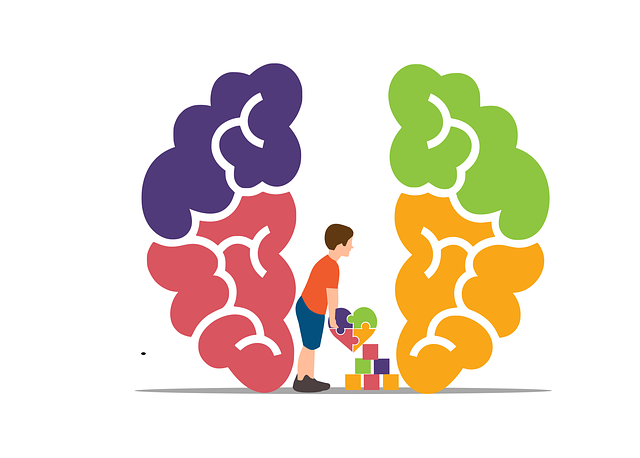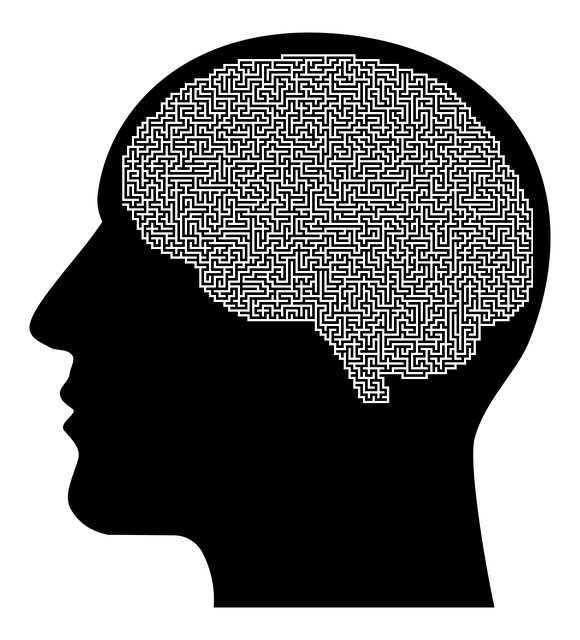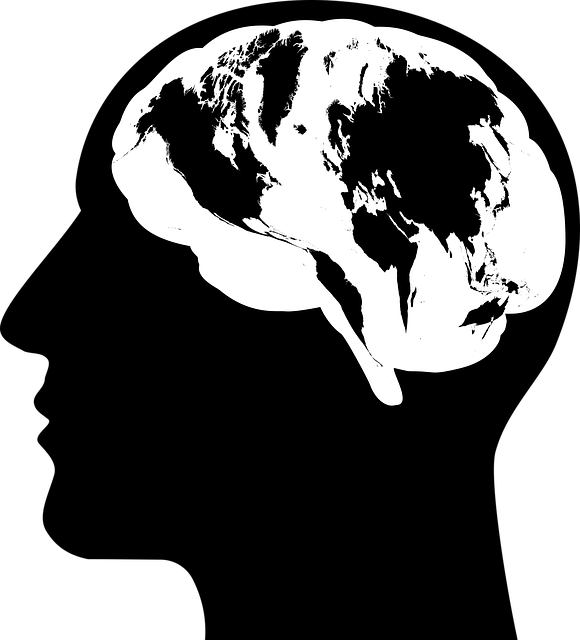Castle Rock International Adoptions Therapy (CRIAT) focuses on building emotional resilience through specialized programs that combine evidence-based practices with real-world experiences. They utilize the RFM (Resilience, Flexibility, Motivation) model to identify and strengthen unique qualities enabling individuals to overcome challenges. CRIAT's Risk Assessment process and Stress Management Workshops empower clients with coping strategies, fostering mental fortitude and adaptability. Integrating RFM principles into therapeutic practices enhances client outcomes, reduces burnout among healthcare providers, and improves mental health in a demanding healthcare landscape.
Resilience is a powerful tool for navigating life’s challenges. The RFM (Resource, Fortitude, and Mobility) model offers a structured approach to building this vital skill, with specific focus on identifying resilient individuals and practical exercises for enhancing resilience. This article explores the role of Castle Rock International Adoptions Therapy (CRIAT) in fostering resilience through RFM integration, providing therapeutic practices for long-term success and personal growth.
- Understanding RFM: A Foundation for Resilience
- The Role of Castle Rock International Adoptions Therapy (CRIAT) in Building Resilience
- Identifying Resilient Individuals: The RFM Model
- Practical Exercises for Enhancing Resilience using RFM
- Integrating RFM into Therapeutic Practices for Long-term Success
Understanding RFM: A Foundation for Resilience

Resilience is a key component to overcoming life’s challenges and building mental wellness. At Castle Rock International Adoptions Therapy, we understand that resilience isn’t just about bouncing back from adversity; it’s about thriving despite it. Our specialized programs focus on developing mental wellness coaching skills that empower individuals to navigate difficult situations with strength and adaptability. By integrating evidence-based practices and real-world experiences, we help clients cultivate a robust foundation of resilience that can be applied across all areas of life.
The Role of Castle Rock International Adoptions Therapy (CRIAT) in Building Resilience

The Castle Rock International Adoptions Therapy (CRIAT) plays a pivotal role in fostering resilience among individuals and families, particularly those involved in adoption processes. This therapeutic approach goes beyond traditional counseling by offering specialized programs designed to strengthen emotional intelligence and effective conflict resolution techniques. Through various activities and exercises, CRIAT helps clients develop essential skills for navigating life’s challenges and regulating their emotions.
One of the key aspects of CRIAT is its emphasis on emotional regulation, teaching individuals how to manage and understand their feelings in different situations. This is crucial for adopting healthy coping mechanisms, especially when facing the unique stressors associated with adoption. By integrating conflict resolution techniques into their practice, CRIAT equips clients with tools to navigate interpersonal challenges, enhance communication, and build stronger relationships—all vital components of resilience-building.
Identifying Resilient Individuals: The RFM Model

In the realm of mental wellness, identifying resilient individuals is a cornerstone of effective therapy and coaching programs. The RFM (Resilience, Flexibility, and Motivation) model, developed by Castle Rock International Adoptions Therapy, serves as a powerful tool in this pursuit. This framework delves into the unique qualities that set apart those who can navigate life’s challenges with remarkable fortitude. By assessing an individual’s ability to adapt, bounce back from setbacks, and maintain a positive outlook, the RFM model provides a structured approach to understanding resilience.
Through comprehensive assessments and tailored interventions, professionals like those at Castle Rock International Adoptions Therapy uncover the underlying factors contributing to resilience. This process involves exploring not just the absence of stress but also the presence of compassion cultivation practices and mental wellness coaching. By nurturing these aspects, individuals can strengthen their innate capacity for resilience, thereby fostering a more robust and adaptable mindset that benefits them across various life domains.
Practical Exercises for Enhancing Resilience using RFM

Resilience is a critical component of mental well-being, and practical exercises like those offered by Castle Rock International Adoptions Therapy (CRIAT) play a significant role in its development. CRIAT’s approach integrates Risk Assessment for Mental Health Professionals to tailor interventions effectively. Through tailored activities, individuals learn to navigate challenges and adapt to change, making them better equipped to handle stress and adversity.
The organization offers Stress Management Workshops designed to equip participants with coping strategies and promote depression prevention. These workshops utilize interactive methods, including mindfulness exercises, cognitive reframing, and social support networks, fostering a sense of agency and resilience in participants. By combining these practical tools with a comprehensive risk assessment, CRIAT empowers individuals to build mental fortitude, ensuring they can face life’s challenges head-on.
Integrating RFM into Therapeutic Practices for Long-term Success

Integrating RFM (Resilience, Flexibility, and Mastery) into therapeutic practices is a powerful approach to enhancing client outcomes and fostering long-term success, particularly in the context of organizations like Castle Rock International Adoptions Therapy. This methodology recognizes that traditional therapy often focuses on managing symptoms without adequately addressing underlying resilience factors. By incorporating RFM principles, therapists can empower individuals to navigate challenges more effectively, reducing the risk of burnout among healthcare providers and improving overall mental health.
In today’s demanding healthcare landscape, where professionals frequently encounter high-stress situations, Burnout Prevention Strategies for Healthcare Providers become increasingly vital. Risk Assessment for Mental Health Professionals is a critical step in identifying clients at risk and tailoring interventions accordingly. Resilience Building through RFM exercises not only strengthens the therapeutic bond but also equips individuals with skills to confront life’s uncertainties, ensuring they emerge more adaptable and resilient.
The combination of Understanding RFM and utilizing the effective practices of Castle Rock International Adoptions Therapy (CRIAT) offers a powerful approach to building resilience. By identifying resilient individuals using the RFM model and integrating these strategies into therapeutic practices, professionals can empower clients to navigate life’s challenges with greater ease. This holistic method ensures long-term success in fostering adaptability and emotional strength, ultimately enhancing overall well-being.
